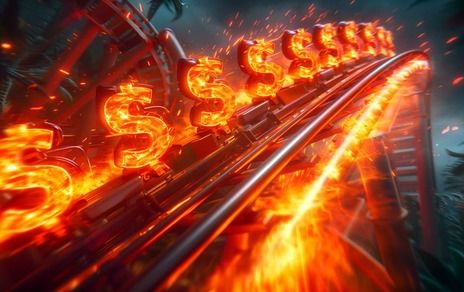

TradingView
TradingView is a leading global charting platform and social network, dedicated to providing traders and investors with access to high-performance data and sophisticated analytical tools that enable them to stay ahead of the curve in the fast-paced financial markets. With a mission to democratize the world's financial markets, TradingView has quickly emerged as one of the most popular and trusted platforms in the industry.
At the core of TradingView's success is its commitment to creating cutting-edge analytical tools that enable traders and investors to take their market research further. Through detailed interactive charts, a powerful stock screener, a comprehensive economic calendar, and more, TradingView empowers its users to identify even the most subtle market signals and leverage them to build robust and insightful analyses. Whether a seasoned professional or just starting out in the world of trading, TradingView's tools, resources, and community can help individuals make more informed investment decisions.
As the financial industry continues to evolve at breakneck speed, TradingView remains at the forefront of the pack, driving innovation and setting new standards for excellence in the field of financial and technical analytics. With a passionate and dedicated team of professionals, a commitment to cutting-edge technology, and a customer-centric approach, TradingView puts traders and investors first. Look first, then leap.